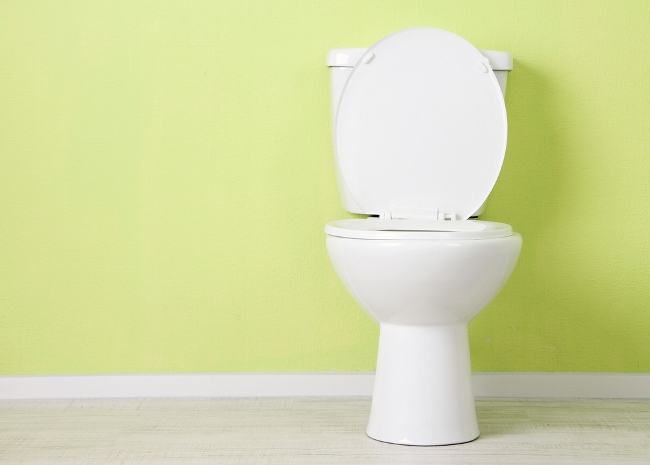More common in women than in men, overactive bladder can be an inconvenient, uncomfortable, and disconcerting condition. However, several treatment options are available.
Frequent urination, sudden and overwhelming urges to urinate, and urinary leakage throughout the day characterize overactive bladder (OAB), a form of urinary incontinence that affects millions of Americans. People with OAB have a tendency to wake frequently throughout the night to urinate and may feel socially isolated from friends and family. As a result, quality of life can diminish if the condition is left untreated.
Overactive bladder occurs when nerve signals between the brain and the bladder are disrupted or when the bladder muscles contract involuntarily, even when there is a low volume of urine in the bladder.
Those at increased risk for developing OAB include patients experiencing the following conditions:
- Diabetes
- Neurological conditions, such as multiple sclerosis and Parkinson’s disease
- Obesity
- Medical history of stroke
- Urinary tract infections
Seeking Solutions
While many patients may find it embarrassing to speak with a doctor about OAB, open communication about the topic is critical to finding effective treatment options.
“Often, society attaches a stigma to this disease, particularly to those patients who experience urinary leakage,” says Colin Goudelocke, M.D., urologist with UT Erlanger Urology. “The stigma can be very damaging, as it may prevent patients from seeking treatment for long periods of time. However, treatment is available. Bringing OAB out of the shadows is important so that patients can readily access help.”
Patients experiencing OAB may benefit from a variety of treatment options, including:
- Behavioral changes, such as diet modification, bladder training, and reduced intake of fluids
- Estrogen supplements for women
- Kegel exercises to strengthen muscles of the pelvic floor
- Over-the-counter medications that work by relaxing the bladder
- Surgically implanted devices that control nerve stimulation
A doctor may recommend a single treatment option or a combination of therapies to treat a patient’s OAB.
For more information or to schedule an appointment with Dr. Goudelocke, please call 423-778-2564, or visit ZocDoc.







